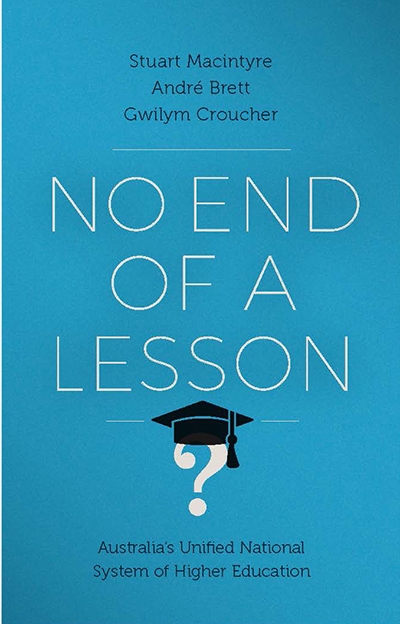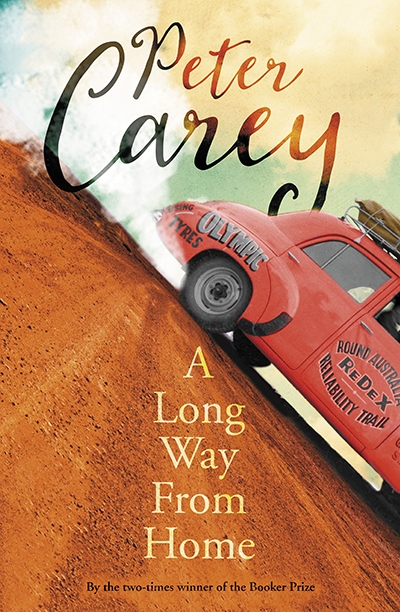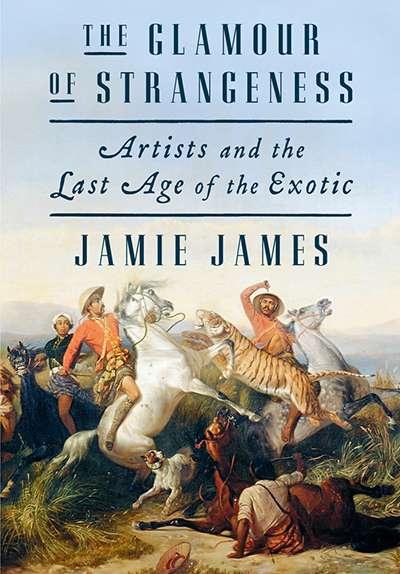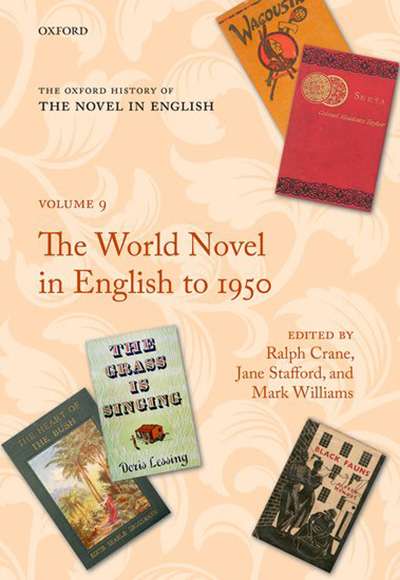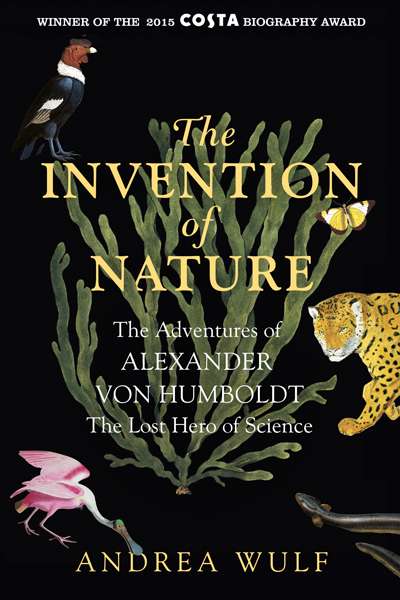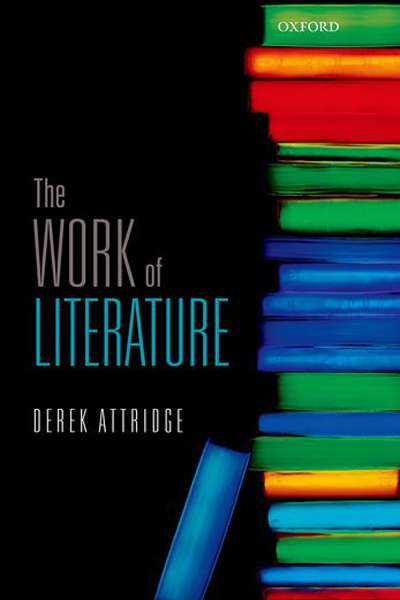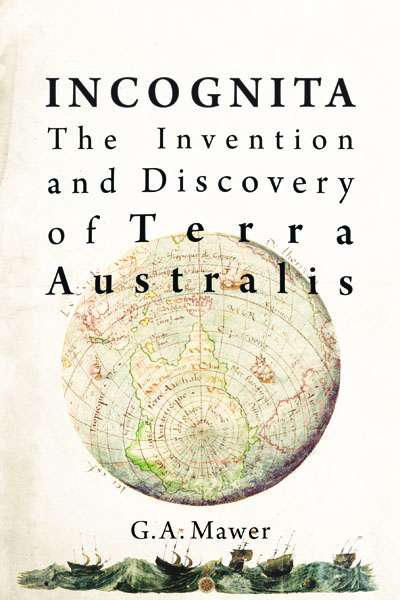Paul Giles

Paul Giles is Professor of English in the Institute for Humanities and Social Sciences at Australian Catholic University, Melbourne. His most recent book is Backgazing: Reverse time in modernist culture (OUP, 2019).
On learning that the premise of Peter Carey’s new novel involved a test of automobile reliability on a round trip across Australia, my first response was to dismiss it as a thin conceit for encompassing the country’s remoter landscape within a work of the imagination. The internet, however, quickly delivered old Pathé newsreels revealing not only that this Redex Trial was a demonstrable histo ... (read more)
Described in one of the blurbs on its back cover as ‘a cabinet of wonders for lovers of faraway countries,’ Jamie James’s The Glamour of Strangeness is unusual in terms of the wide variety of the material it covers. James focuses here on artists who left their homelands ‘to create a new self in a new place’, arguing that the ‘exotic’ aesthetics wrought by these adventurous exiles res ... (read more)
The latest instalment in the Oxford History of the Novel in English is notable for having one of its editors based in Australia and the other two in New Zealand. As these editors admit in their introduction, this volume is ‘something of a hybrid when set alongside the other eleven volumes that make up the series’, since it is organised partly by historical date, tracing ‘the World Novel in E ... (read more)
When D.H. Lawrence arrived in Australia on 4 May 1922, he was so ignorant of the country's actual conditions that he was, as David Game observes in his fine new book, expecting to arrive 'in late spring and find apple blossom'. Game's extensively researched and informative monograph recounts ways in which Australia operated for Lawrence mainly as a utopian idea, a potential site for 'regenerative ... (read more)
Alexander von Humboldt, who died in 1859 at the age of eighty-nine, was not only the most famous scientist of his day but also one of the world's best-known figures. He met often with political leaders, from Thomas Jefferson in the new United States to King Friedrich Wilhelm III of Prussia, and he expanded outwards from his bases in Paris and Berlin to pursue various scientific expeditions, partic ... (read more)
Derek Attridge is one of the most formidable theorists working today in the field of literary studies. His central strategy is to identify potential for recognition in the reading process of singularity and alterity, with the qualities of a particular work manifesting themselves most powerfully when they reveal 'unexpected possibilities of thought and feeling'.
Attridge is therefore relatively un ... (read more)
As the author explains in his preface, Incognita had its genesis in events to commemorate the four-hundredth anniversary of the voyages of Janszoon and Torres to the Cape York Peninsula in 1606, with the explorations of these Dutch mariners representing the first European sighting of Australia. This book has been several years in the making, and it offers an eminently readable account of engagemen ... (read more)

